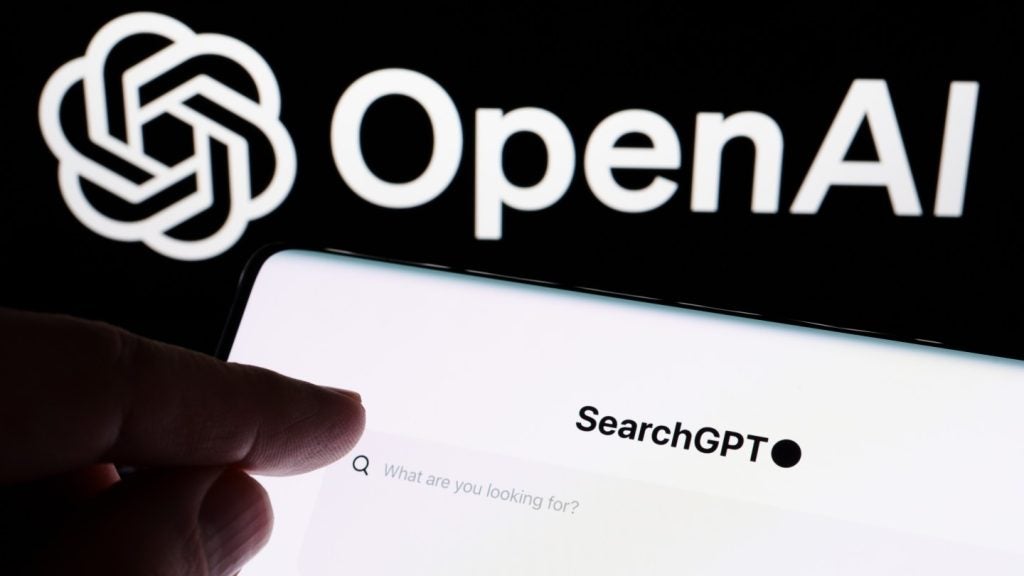
The UK’s entrepreneurial spirit is palpable – with around half a million new startups formed every year, there is no shortage of new ideas and opportunities. Last year, an impressive 589,000 companies were established across the country, 100,000 more than the figure recorded in 2016.
Exciting though it is, this annual influx of new startups has also fostered an extremely competitive climate for young businesses, and the number of companies failing to scale demonstrates the challenges facing the UK’s entrepreneurs. Only 53% of all businesses launched in 2014 survived until their third birthday.
Whether you’re a seasoned entrepreneur or someone starting your first business, taking the bold step of launching a startup can be both exciting and daunting.
Given the full range of digital innovations and tech solutions readily available to budding entrepreneurs, young startups can avoid the laborious (and costly) task of building a product completely from scratch – in reality, a lot of the hard work has already been done.
APIs
The potential of APIs – or Application Programming Interfaces – is often overlooked. This technology, however, is behind the growth of some of the world’s leading startups.
In a nutshell, an API is an interface that software uses to access whatever data it needs.
In practical terms, this means that it aggregates and integrates information from vast sources, promoting network connectivity. This allows the user to do seemingly simple things like search for hotels online, or order a takeaway on a Friday night.
Take Uber as an example. The the popular ride-hailing application relies on APIs to power its functions. The ability to connect riders with drivers is based on this interface.
The company has also harnessed the power of APIs by linking the Uber app to other applications such as TripAdvisor and OpenTable. Having created a network of connections, Uber has extended its customer reach, allowing people to book a ride when they plan a day out or a meal.
Online payment
Most people would recognise that we are moving towards being a cashless society, with card payments and online shopping now hugely dominant.
Thankfully for aspiring entrepreneurs, online payment systems are on hand to simplify business operations and provide a seamless customer experience.
Services such as Spotify and Amazon Prime, for example, rely on auto-pay services to drive their sales and increase their accessibility to a wider customer base.
Innovations like Apple Pay – which gives customers the flexibility and convenience of using their smartphone for transactions – are great for improving business efficiency and satisfying changing consumer demand for fast and seamless payment systems. Other obvious examples are PayPal and Stripe, which have helped facilitate transactions for many years.
Entrepreneurs do not need to invest their resources into creating a payment system. They can tap into existing technologies and bolt this onto their business model.
GPS
A GPS tracker is a valuable piece of technology that underscores many of the world’s most successful companies.
With this technological infrastructure already in place, companies don’t have to worry about creating their own unique tracking system. Indeed, the growing potential of GPS also means there is plenty of room for new companies to utilise this technology to enhance their existing services.
For example, the technology powering GPS trackers allows retailers to do things like monitor the delivery of their products in real-time, which helps to improve operations and enhances the customer experience at the same time.
Businesses can harness the potential of GPS through readily available applications, giving them the ability to locate, track and manage vast fleets – and all through a mobile device.
Outsourcing
Understanding how to find and leverage the correct type of tech can be difficult and time-consuming for startups.
However, there has been an increase in third party experts and agencies that help entrepreneurs to determine what technologies might be most suitable for the growth of their business.
A few months ago, app and internet of things developer Studio Graphene demonstrated how tech could be effectively employed by creating a new app for UK-based charity Signalong within a matter of days, simply by harnessing the power of AI and Google Vision technology.
The Signalong app was created to assist those with hearing, speech, language and communication needs. The app allows people to take photos of everyday objects on their phones and then uses image recognition technology to inform the user of the correct sign to use for that object.
The signalong app shows how building a business on the back of existing infrastructure and digital innovations can significantly improve the growth potential of a startup.
Many of these solutions may seem straightforward, yet they bring with them great advantages. And with less time and money being spent on building up their own technology, entrepreneurs are able to free up resource to focus on how to successfully grow their businesses.







